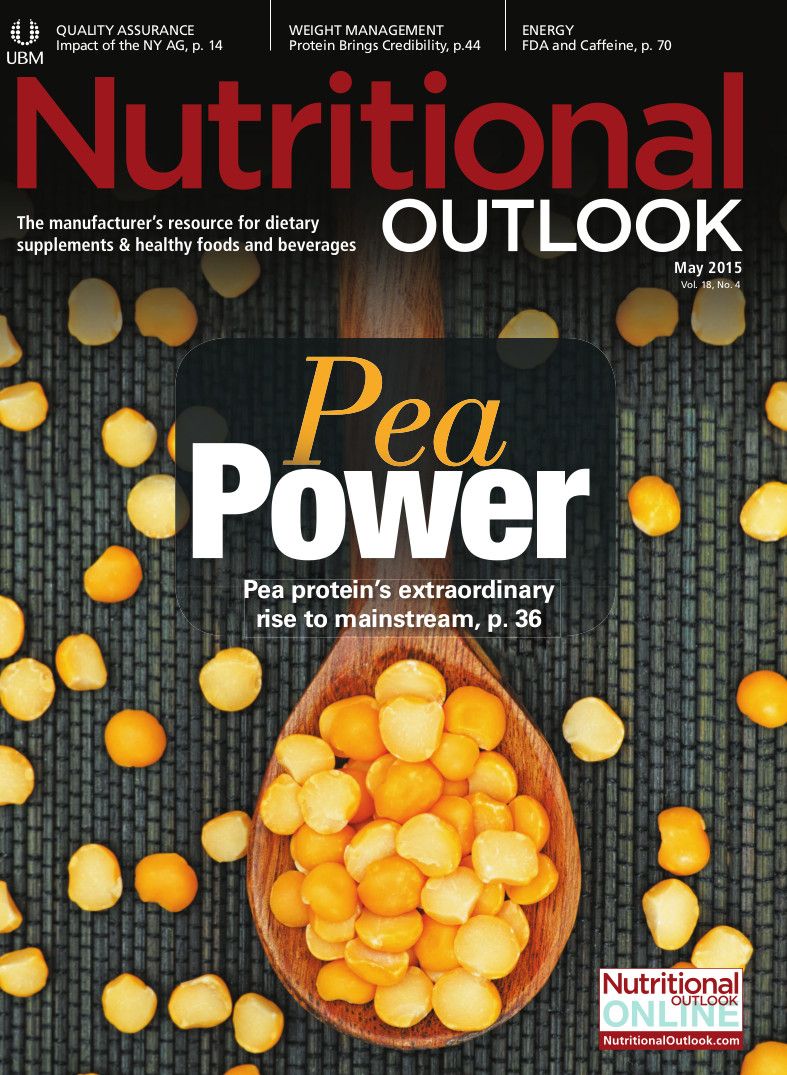Omega-3 Intake Shows “No Overall Association” with Prostate Cancer, According to New Study
The latest meta-analysis is another rebuke to the much-criticized 2013 prostate cancer study that took a toll on the omega-3 market.

The omega-3 market has had a rocky last couple of years, caused in part by a slew of negative studies reaching mainstream media audiences. One of the most problematic was a study published in 2013 that suggested men with high blood concentrations of omega-3s might be at greater risk for prostate cancer. Although the study’s design has been widely criticized, the negative publicity took a severe toll on the omega-3 market.
A meta-analysis1 just published in Nutrition and Cancer poses another challenge to that controversial study by finding “no overall association” between long-chain omega-3 polyunsaturated fatty acid (LCÏ-3PUFA) intake and prostate cancer.
More than 460,000 total participants were included in the analysis, which looked at twelve self-reported dietary intake studies and nine biomarker studies that were published through 2013.
Accounting for the bulk of the analysis population with 446,243 participants, the dietary intake studies showed no overall association between omega-3 use and prostate cancer, and some even indicated a small inverse association, said the researchers. The biomarker studies-comprising 14,897 participants-also showed no overall association between omega-3 use and prostate cancer. Although researchers did find a majority of positive associations in the biomarker studies, they were so weak in magnitude as to be statistically insignificant.
The researchers also point out that “a plausible biological mechanism by which LCÏ-3PUFA could facilitate prostate carcinogenesis has not been identified whereas anti-inflammatory properties of these fatty acids would suggest anti-carcinogenic effects.”
By disputing the results of the controversial 2013 study, this meta-analysis offers the omega-3 industry one more potential asset to boost its sales recovery.
Read more:
GOED’s National Omega-3 Campaign Moving Forward, Still Seeks Industry Support
References
1. Alexander DD et al. “Meta-analysis of long-chain omega-3 polyunsaturated fatty acids (LCÏ-3PUFA) and prostate cancer.” Nutrition and Cancer. Published online March 31, 2015.
Michael Crane
Associate Editor
Nutritional Outlook magazine
michael.crane@ubm.com
Photo © iStockphoto.com/Rixipix





















